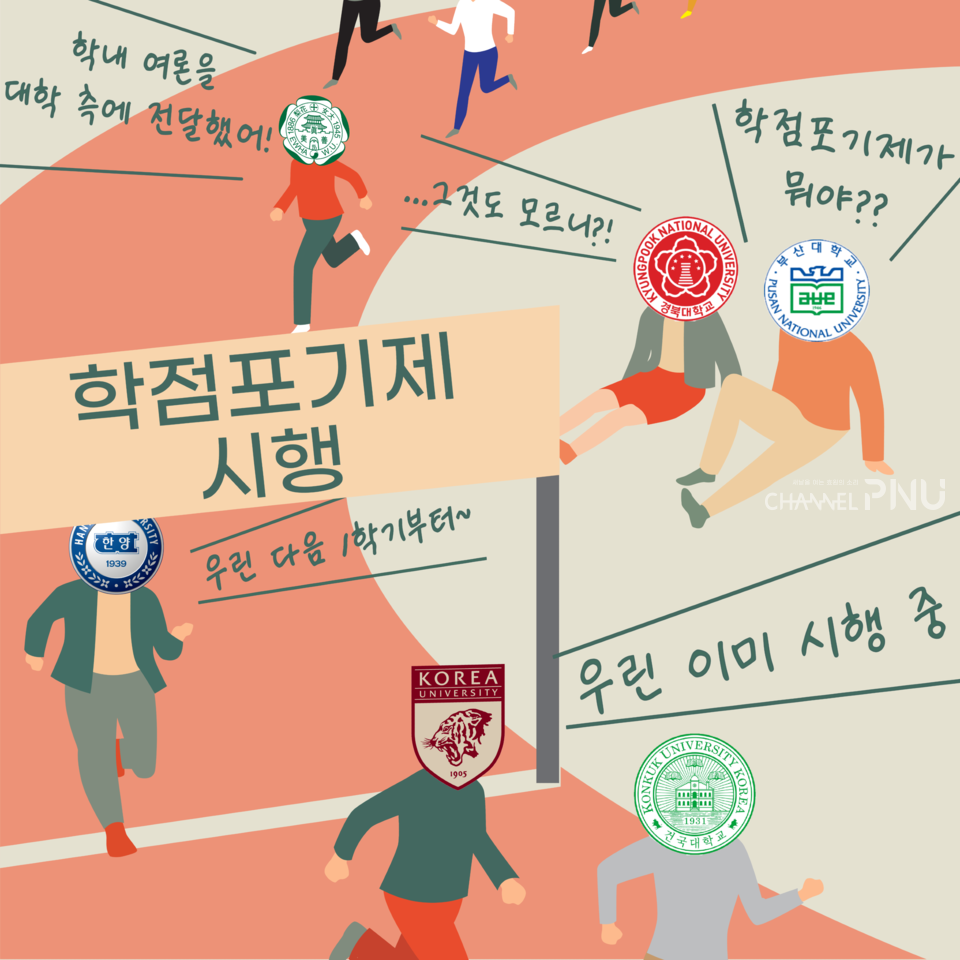
The grade forfeiture system, which disappeared from universities in the early 2010s, is showing signs of revival. Following the recent introduction of the system by Korea University and Hanyang University, major universities such as Yonsei University and Ewha Womans University are also considering its implementation. The grade forfeiture system allows students to voluntarily give up grades they have already earned.
Student Demands and University Concerns
Students argue that the grade forfeiture system is necessary to enhance their grade competitiveness amidst the difficult job market. They are particularly concerned that low grades could be disadvantageous in blind recruitment or law school admissions. The Yonsei University student council is demanding the introduction of the system, at least for courses that are difficult to retake, citing the adoption of the system by other universities.
However, universities are concerned that the grade forfeiture system could lead to grade inflation, undermining the credibility of grades. In fact, grade inflation has been evident since the COVID-19 pandemic, with a sharp increase in the proportion of A grades or higher in many universities. An official from Yonsei University stated that they believed they had already addressed student demands by increasing the number of retake allowances, but they are reconsidering due to the continued demand for the grade forfeiture system.
Background of the Grade Forfeiture System's Revival
The grade forfeiture system was abolished in most universities from 2014 due to the Ministry of Education and the Korean Council for University Education's demand for improvement, as it was identified as the culprit of "grade laundering" in the 2013 parliamentary audit. However, the demand from students has resurfaced due to academic difficulties caused by non-face-to-face classes and the worsening job market since the COVID-19 pandemic, leading to discussions about reintroduction.
Future Outlook
Discussions on the introduction of the grade forfeiture system are also actively underway at other universities, such as Ewha Womans University and Hankuk University of Foreign Studies. While the grade forfeiture system can help students strengthen their grade competitiveness, universities will have to make careful decisions, considering the side effect of grade inflation.
[Copyright (c) Global Economic Times. All Rights Reserved.]






























